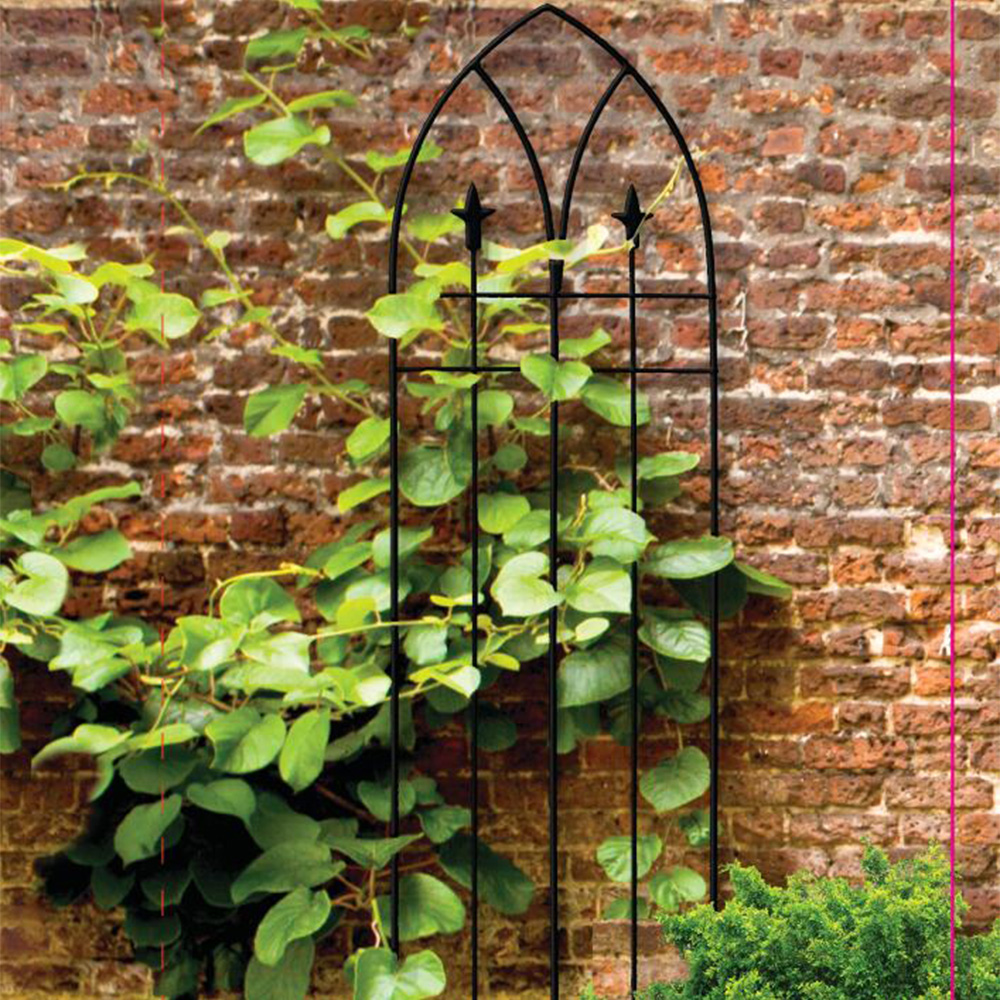Durable Plastic-Coated Coil Nails for Enhanced Construction and Fastening Applications
8 月 . 20, 2024 13:47
The Versatile Applications of Plastic Coil Nails
Plastic coil nails have become increasingly popular in various construction and woodworking applications. These specialized fasteners are designed for use with pneumatic nail guns, making them an efficient choice for large-scale projects. Due to their unique design and material properties, plastic coil nails offer numerous advantages over traditional metal nails, making them a go-to solution for professionals and DIY enthusiasts alike.
What Are Plastic Coil Nails?
Plastic coil nails consist of a series of nails that are connected together in a continuous strip, which is coiled for easy loading into a nail gun. The nails are usually made of galvanized steel, which provides excellent rust resistance, and they are held together by durable plastic collations. This design not only simplifies the nailing process but also minimizes the risk of jams and misfires, which are common with loose nails. Unlike wire collated nails, plastic collated nails feature a bonding agent that helps them stay securely together during transportation and loading.
Advantages of Plastic Coil Nails
One of the most significant advantages of plastic coil nails is their speed of application. When used in a pneumatic nail gun, they allow for rapid fastening, making them ideal for projects that require a high volume of nails to be driven in a short amount of time. This not only increases productivity but also reduces labor costs, as fewer workers are needed to complete the task.
In addition to their efficiency, plastic coil nails offer excellent holding power. The galvanized coating prevents rust and corrosion, ensuring the longevity of fastened materials. This feature is particularly important in outdoor applications where exposure to moisture can lead to deterioration. Furthermore, the plastic collations help to reduce the risk of splitting wood, which can be a common issue when using traditional nails, especially in softer woods.
plastic coil nails

Applications of Plastic Coil Nails
Plastic coil nails are widely used in various applications, including framing, siding, fencing, and roofing. Their high tensile strength makes them suitable for structural applications, ensuring that the integrity of the building remains intact. In the realm of exterior projects, such as decking and fence installation, the rust-resistant properties of these nails are invaluable, as they can withstand the elements without degrading over time.
Moreover, plastic coil nails are often used for attaching plywood sheathing, drywall, and other materials in the construction of buildings. Their ease of use and reliability make them a preferred choice for contractors who need to deliver quality work within tight deadlines. In carpentry and woodworking, plastic coil nails can be utilized for trim work, cabinetry, and furniture assembly, providing a clean and professional finish.
Environmental Considerations
As sustainability becomes an increasingly important focus in construction, plastic coil nails also have environmental advantages. The use of plastic collations can reduce the amount of metal waste generated on job sites, and many manufacturers are now producing nails with recycled materials. Additionally, the longevity and durability of these fasteners mean fewer replacements and repairs over time, which can lead to a lower environmental impact.
Conclusion
In summary, plastic coil nails offer a wide range of benefits that make them a valuable tool in the toolkit of construction professionals and DIY enthusiasts. Their efficiency, durability, and versatility make them suitable for a variety of applications, from structural framing to detailed woodworking. As technology continues to advance, it is likely that we will see further innovations in the design and materials used for plastic coil nails, solidifying their place as a staple in modern construction practices.




















